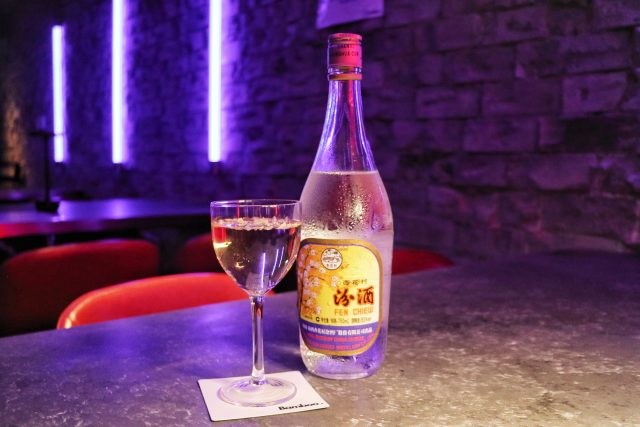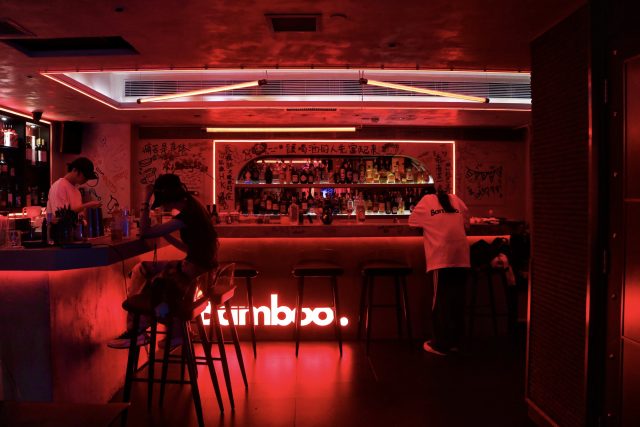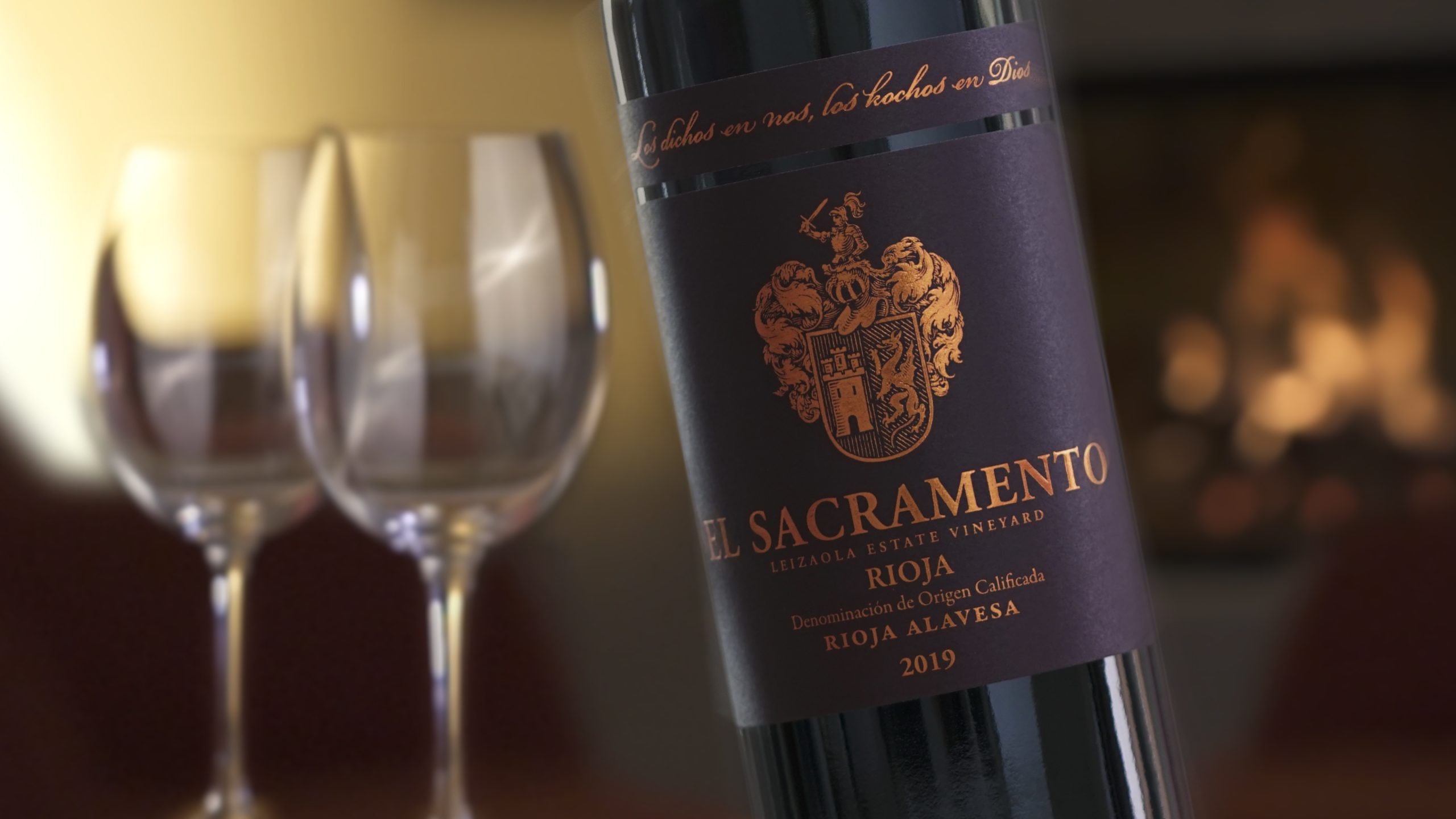How cocktails could kickstart a Hong Kong baijiu boom
By Joyce YipThe fate of baijiu in export markets is cloudy, but could Hong Kong provide a ray of hope for China’s national spirit? Joyce Yip reports.

In August a new restaurant bar spotlighting Sichuan cuisine and Chinese cocktails opened in Hong Kong.
Located in the basement of chain Sichuanese restaurant 12 Flavours – with which the bar shares the kitchen – Bamboo in Hong Kong’s Lan Kwai Fong currently serves three baijiu cocktails that are also featured in its dinner pairing menu.
Bamboo is not the first to bring cocktails made using the Chinese alcohol to the city, but despite their ubiquity in China and amongst the Chinese diaspora, it’s one of the few to create a whole brand around them.
Bamboo’s head mixologist Felix Man hopes his cocktails will rebrand the spirit often downed in shot glasses in elaborate Chinese banquets among cool, bar-hopping crowds.
Baijiu has four primary aroma categories — strong, sauce, light and rice. Which aroma of baijiu is produced by a distillery largely depends on the ingredients used. Strong and sauce aroma baijiu, for example, will be produced by distilleries with easy access to corn and grains. Sweeter, more palatable baijius, like light or rice, will be created by distilleries without easy access to fresh crops. The famous Kweichow Moutai, for example, is sauce-style and known for its unami saltiness.
Cocktails can be a gateway for introducing consumers to an unfamiliar spirit, but baijiu poses some challenges to bartenders.
“Making cocktails with baijiu isn’t easy as its high alcoholic content and strong flavours are very overpowering, especially with sauce aroma,” Man explained.

But Bamboo took on challenge. “We want to showcase that baijiu isn’t just Moutai and can be applied and paired in versatile ways. It’s an educational process.”
He hopes to bring a total of six cocktails featuring baijiu, and eventually, yellow wine – a non-distilled grain-based alcohol — to Hong Kong.
The on-trade is more ready to embrace the Chinese spirit than other areas of the Hong Kong trade. Retailers around Hong Kong have seen slow progress for baijiu.
Partner Content
Danny Wong, co-founder of The Bottle Shop in Sai Kung, says it’s his worst-performing category. He points to the often Chinese-only packaging and the lack of occasion for baijiu as key barriers for the spirit among non-Chinese consumers.
“People who buy baijiu in our shop know exactly what they are after; and people who don’t know it rarely buy it. We do tastings for gin, wine, sake, but there just isn’t a big enough market for baijiu: no one wants to know more about it,” he said.
“We can easily associate whisky with intimate gatherings among friends, and Champagne with celebrations; but there’s no real setting to baijiu aside from work-related banquets. I think that’s where the disconnect comes from.”
Baijiu’s status in Hong Kong has stayed relatively stable over the past few years, according to IWSR data shared with the drinks business. In volume terms, baijiu’s compound annual growth rate (CAGR) in the market was down 3% between 2018 and 2023. Value imports remained stable over the same period.
But baijiu is shifting towards growth, if on a very small scale, with both value and volume CAGR forecast at +1% in the five years to 2028.
Shirley Zhu, research director, Greater China for IWSR, explained: “Baijiu in Hong Kong is growing as producers increasingly focus on markets outside of mainland China.”
Hoping to improve on this message is Lucy Siu, senior regional sales manager for Hong Kong, Macau and travel retail for Luzhou Laojiao International Development (HK) – a baijiu brand that dates back to 1573.

Since 2024, Siu has hosted 50 tastings and events. Luzhou Laojiao’s Ming River brand is a baijiu designed for Western markets, and can be found in five-star hotels like Grand Hyatt Hong Kong and Mandarin Oriental Hong Kong.
She says the global economic slowdown has hurt her profit margins, but getting consumers to taste the liquid is critical for elevating demand.
“Business is lower compared to last year,” she said, explaining that in response, “our strategy is to offer more deals and tastings. Without experiencing baijiu for themselves, people won’t understand its beauty.”
Related news
The man on a mission to bring baijiu to the UK masses




